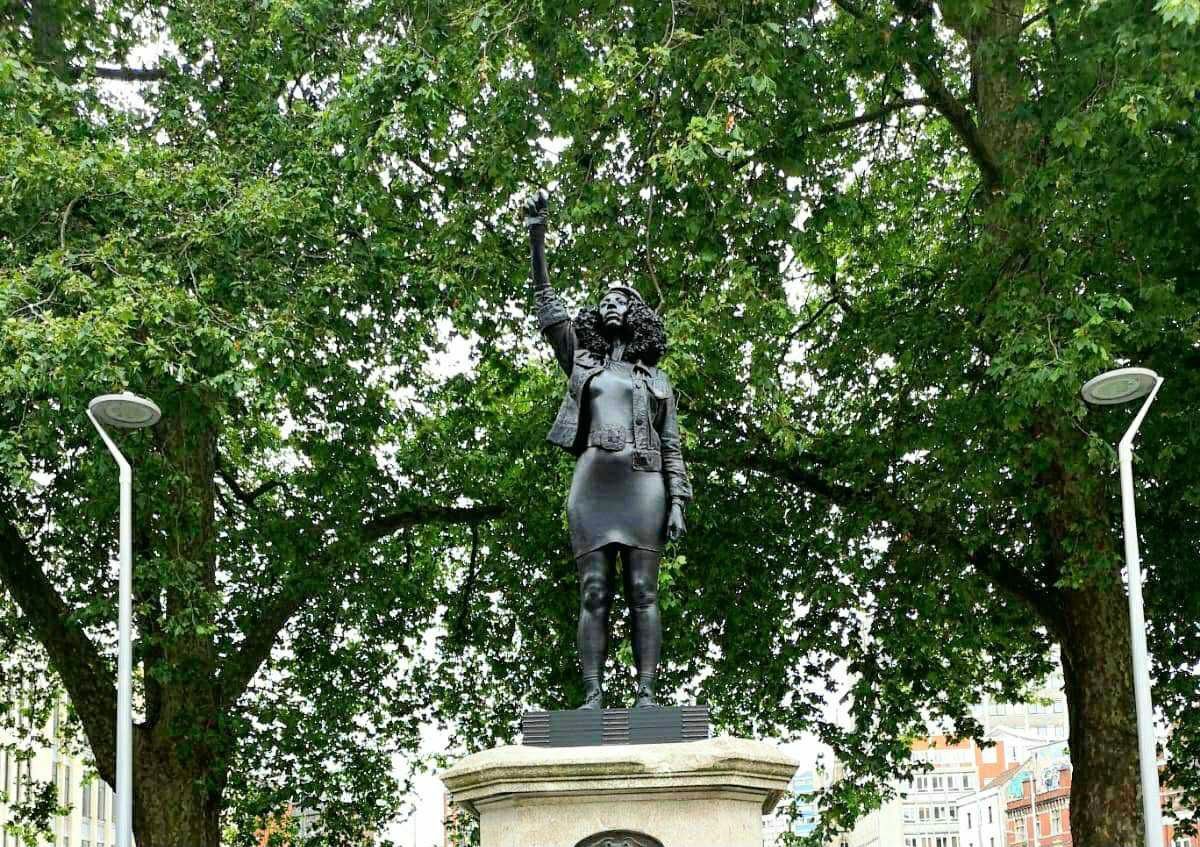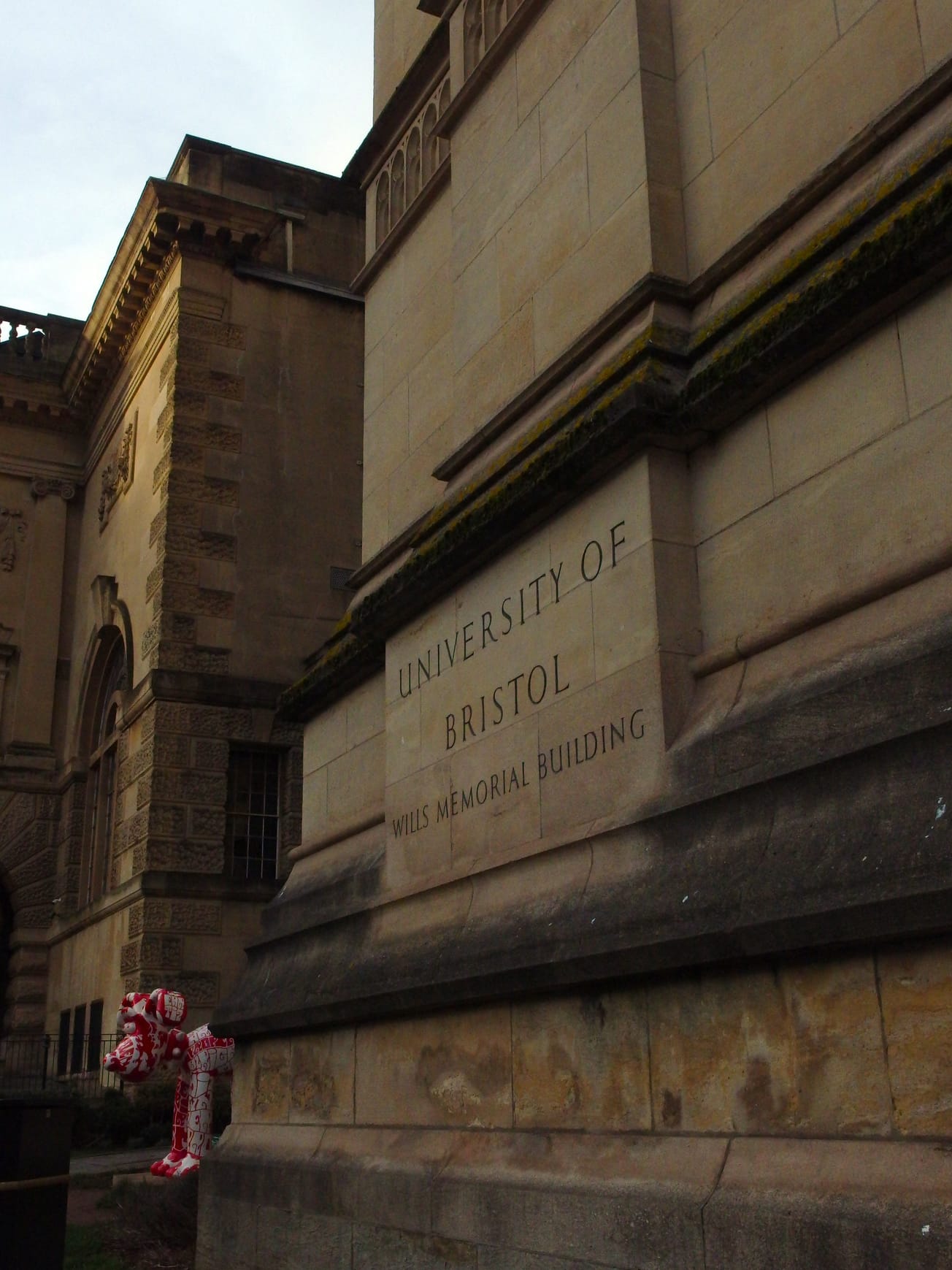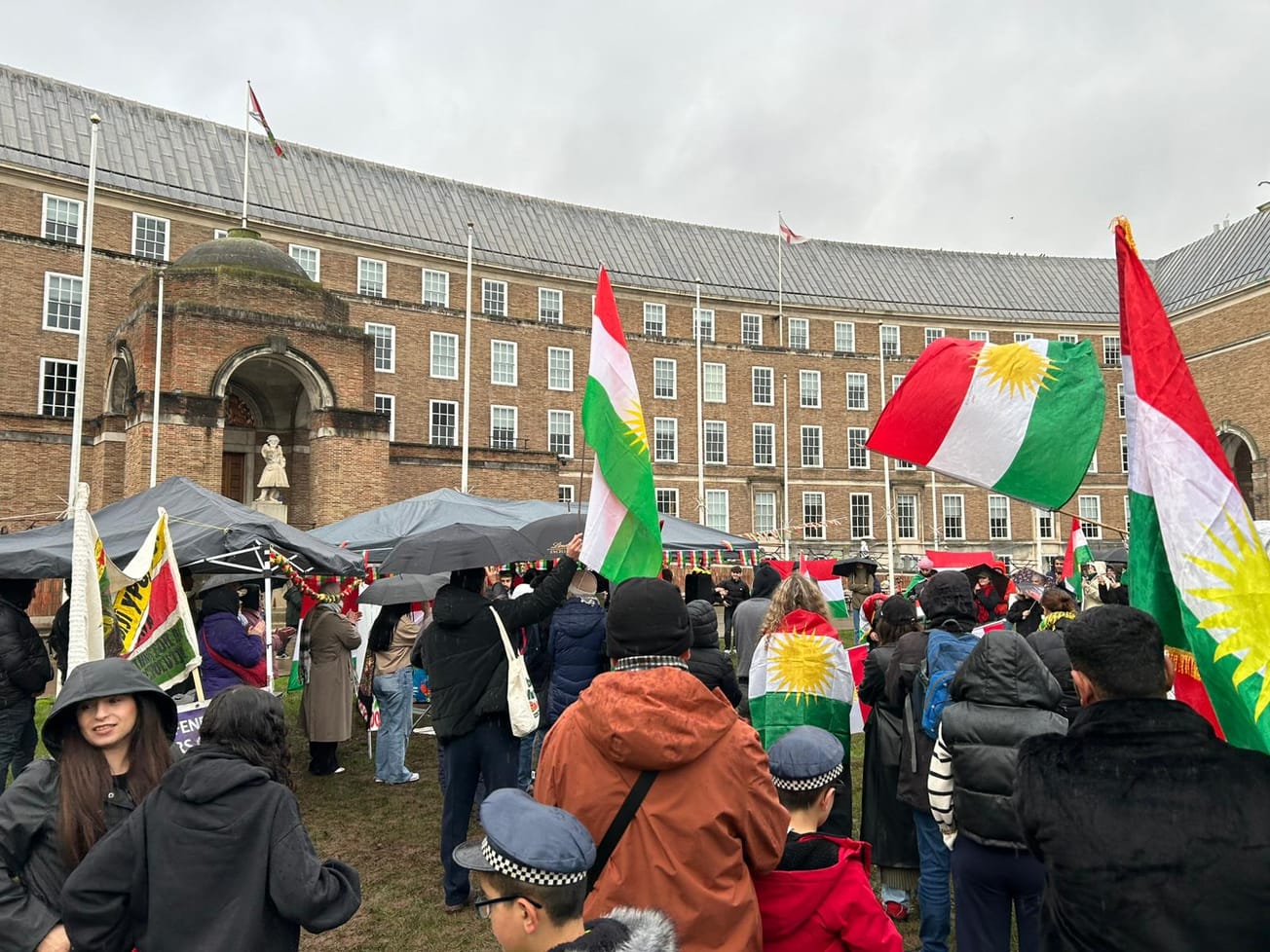By Billy Stockwell, Investigations Editor
Following yesterday's not guilty verdicts at the ‘Colston 4’ trial, the Black Lives Matter activist who had her own statue placed on the empty Colston plinth following the toppling, has questioned if Bristol University is doing enough.
In response to a question posed by Epigram, Jen Reid stated at a post-trial press conference that she has had calls from universities ‘across the world’, but ‘the university of my own city has not contacted me’.
‘That says a lot to me. Where are you? What do you stand for?’
Speaking about the Black Lives Matter protest which resulted in Colston being thrown in Bristol harbour, Reid says ‘what cannot be lost in all of this is why we were there on the 7th of June ... and that is George Floyd. That must never be forgotten’.
‘We were all marching for George Floyd and the many other Black men and women being killed at the hands of the police.’
All members of the ‘Colston 4’ - Jake Skuse, 36, Rhian Graham, 29, Milo Ponsford, 25, and Sage Willoughby, 21 - were acquitted of the criminal charges brought against them by a majority jury verdict at Bristol Crown Court on Wednesday afternoon.
Jen Reid was joined by ‘Colston 4’ member Rhian Graham, former Bristol Lord Mayor Cleo Lake, the defence barrister in the trial Raj Chada and founding member of Countering Colston Christine Townsend at the press conference.

Cleo Lake also said we need to look at who holds the power at institutions like the University of Bristol. She has worked with the University before, saying that ‘like many of the institutions, [they] are on their own journey and this obviously excelled the work they say they wanted to do’.
‘In my personal experience, I do do creative projects with the University, I'm very happy to collaborate with some of the people there.
‘But on the other side of it’, she says, ‘I think sometimes we need to look at the governing bodies of these institutions, see who is still sat their in power and what influence they have. I think that is the issue.’
According to the University of Bristol's website, nearly 90% of the founding wealth of the University was dependent on the labour of enslaved people.
The Colston family are also included on the University's coat of arms, represented by the symbol of a dolphin.
Opinion | The jury’s decision to acquit the 'Colston Four' is evidence that progress has been made in British society recognising its past
University of Bristol set to finally rename Colston Street accommodation
During Colston's tenure at the Royal African Company, 84,500 African men, women and children were trafficked to the Caribbean, with nearly 20,000 dying during the journey.
Last year, the University launched a new project ‘to build a fuller understanding of how the city’s legacy of transatlantic slavery is still impacting on society today’.
This project is being led by Olivette Otele, the Professor of the History of Slavery who was appointed in 2019 - a role intended to explore the University's historic links to slavery.
Featured image: Emma Fernandez Schmidt
Do you agree with Jen Reid that the University isn't doing enough?









